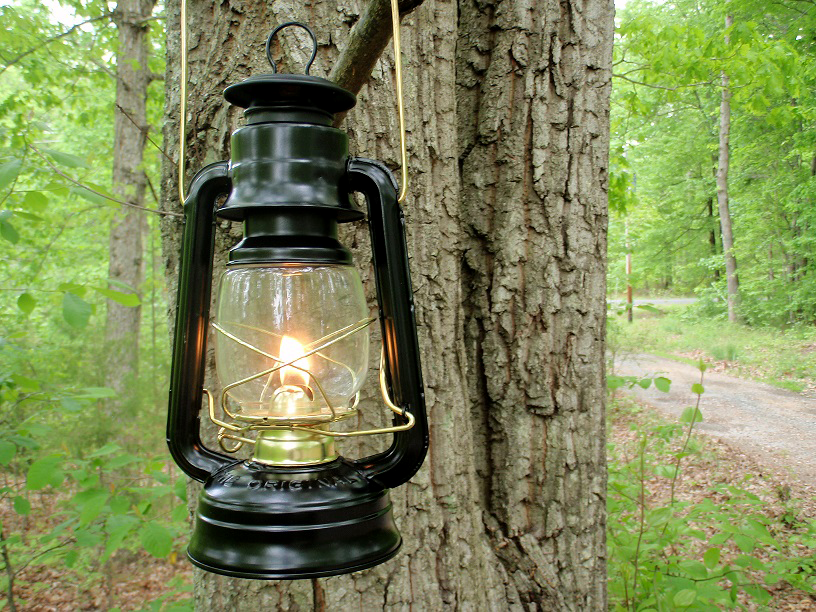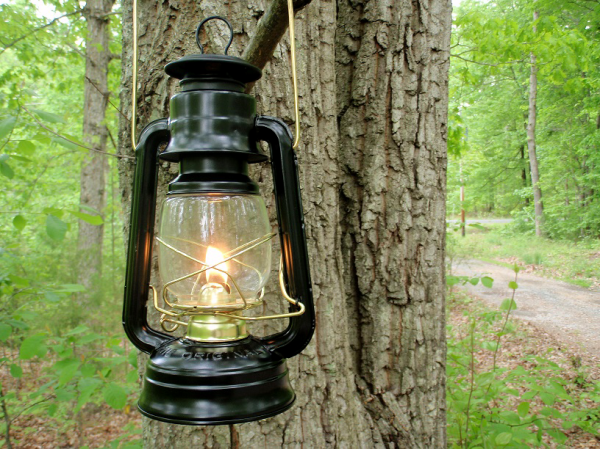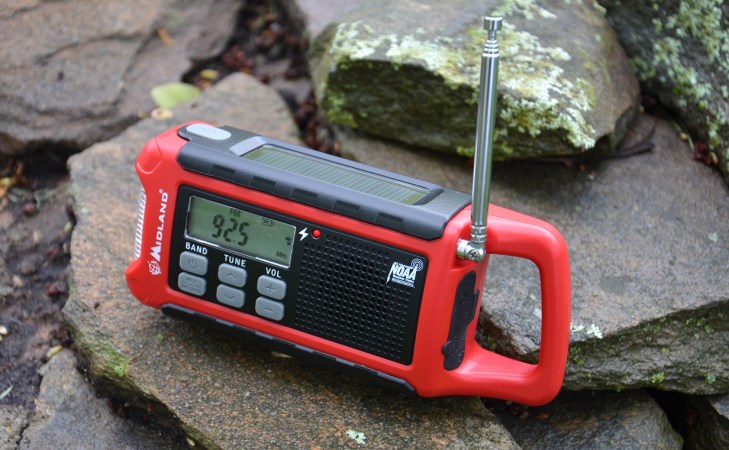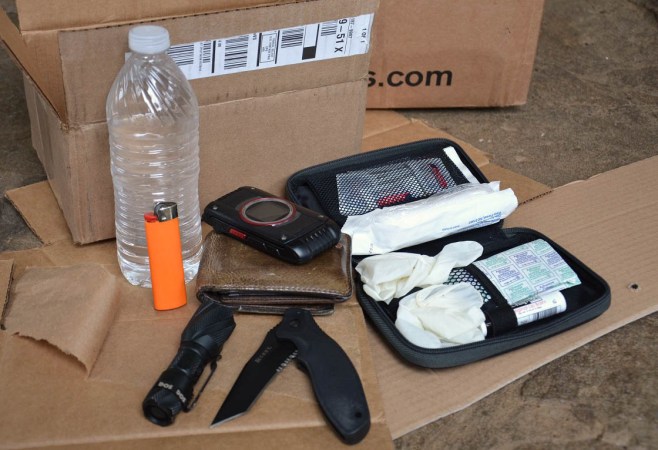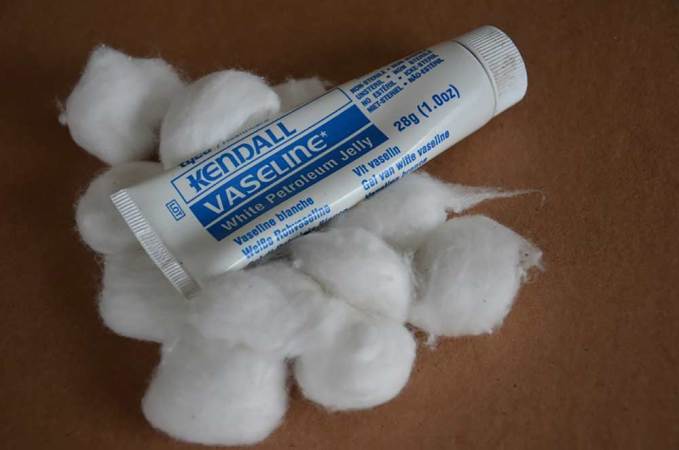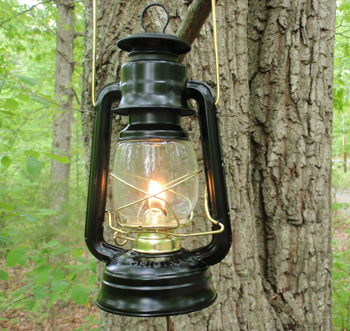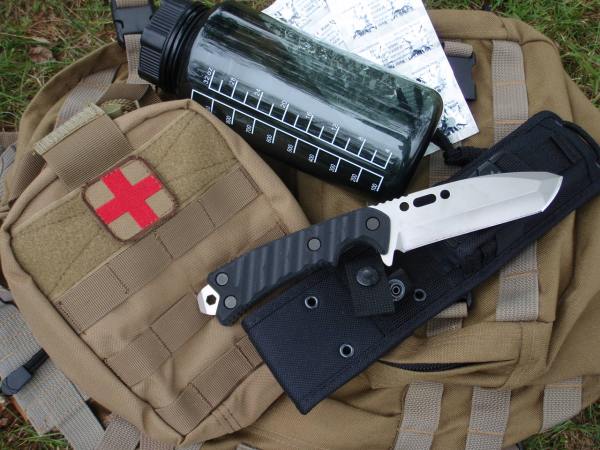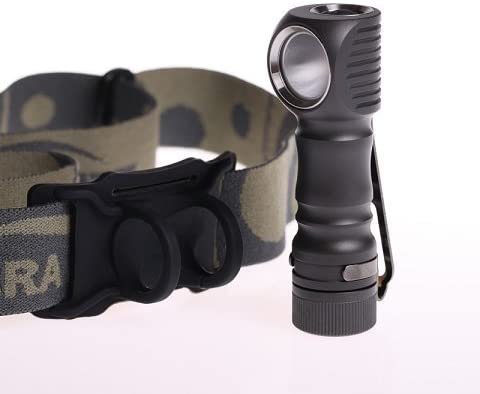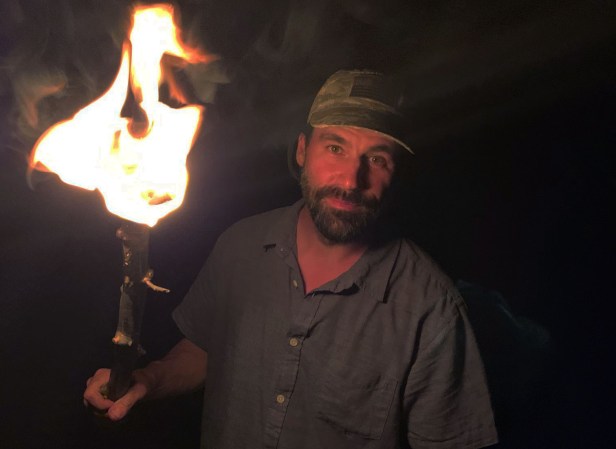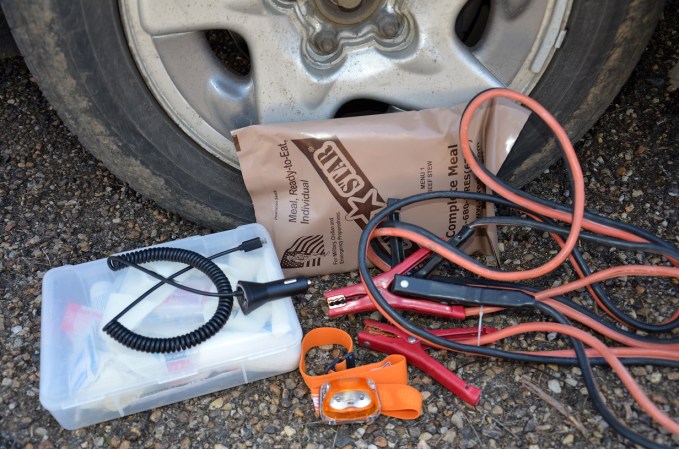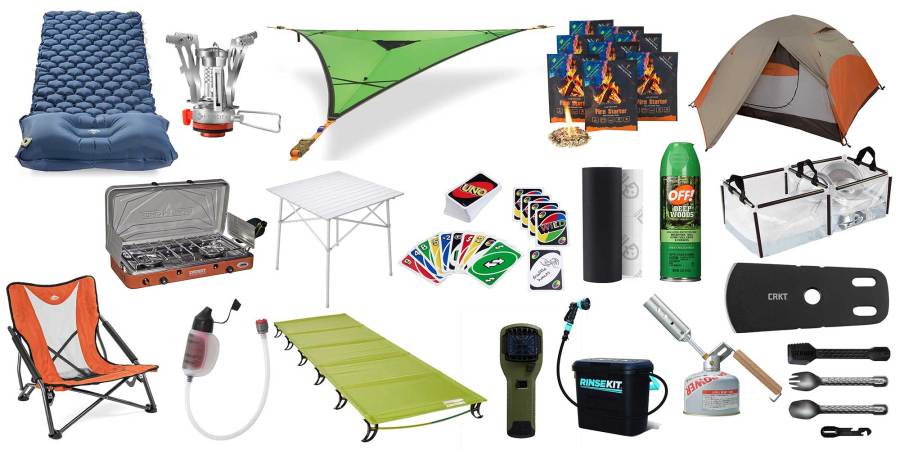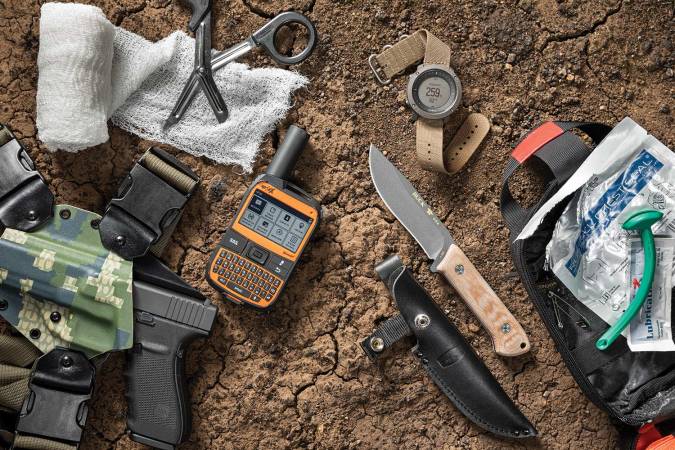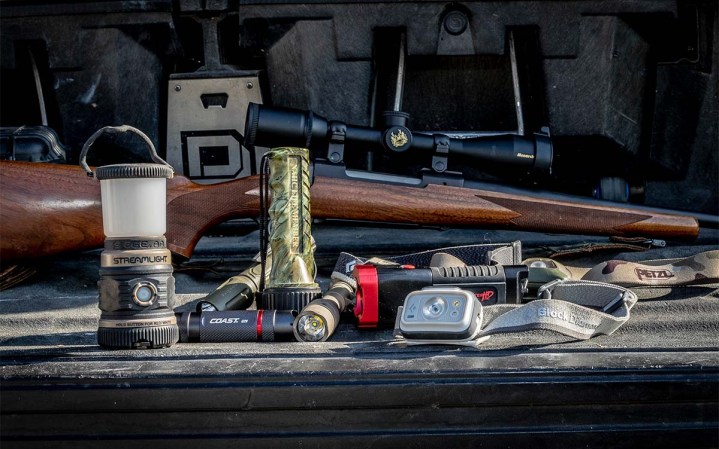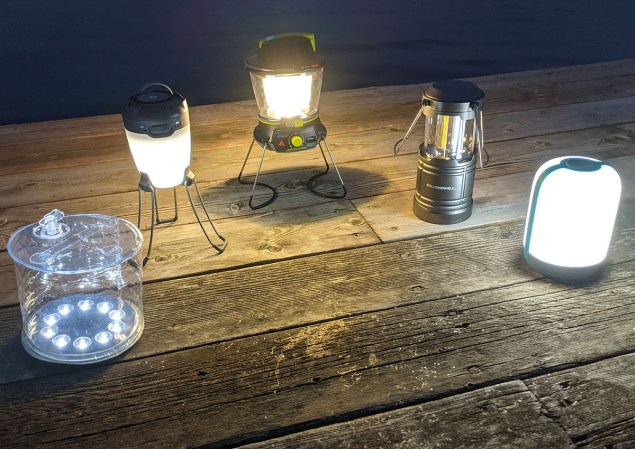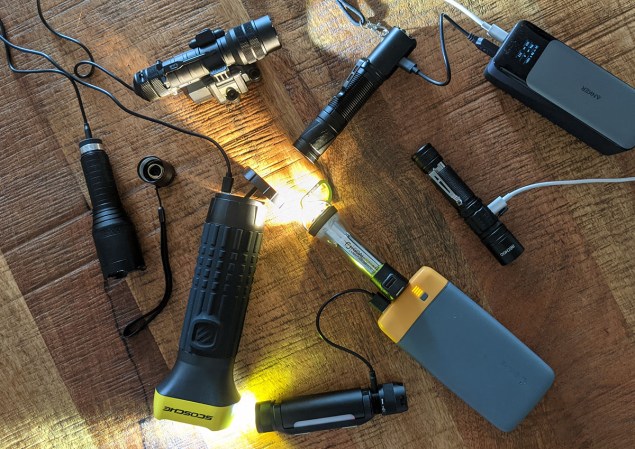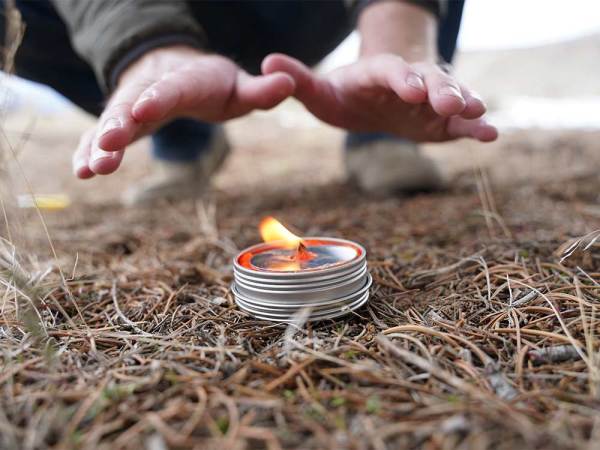We may earn revenue from the products available on this page and participate in affiliate programs. Learn More ›
Light is something that we just don’t seem to appreciate until it’s gone. But when an emergency situation arises after dark, you’d better have a safe and ample source of light to see what you are doing. Here are ten types of lighting that just might save you in a survival scenario or medical emergency.
1. Flashlight
No shocker here, but the flashlight is one of your best bets for usable light when you’re in a tricky situation. From tiny pocket-sized lights to big baton-style flashlights, you’ll have a beam as long as the batteries last. Select lights with a rugged design and waterproof housing.
2. Headlamp
For anyone with work to do, the headlamp is a great form of hands-free light. And it casts the beam right where you are looking. These are great for doing chores after dark, performing first aid or any other task when you need both hands and a moveable light.
3. Chem lights
These single-use lights do have some interesting quirks. They work under water. They would work after an EMP. They can be cut open and dripped around to leave a glowing trail (like the glowing blood from the Predator movies). Chem lights can come in 30 minute high-intensity versions, long lasting dim versions, and many colors. Their best attribute is that they pose no risk of fire whatsoever.
4. Grease lamp
Any type of oil and any plant fiber wick can be combined in a fire-proof vessel to create a grease lamp. Also called fat lamps, gras lights (think –Mardi Gras), and many other colorful names, these portable lamps are rooted in ancient history. Just don’t spill it, or let the wind blow it out. Here’s a video for more instructions on how to make one.
5. Oil lanterns
These lights use fire and oil, the way that a grease lamp does. But being enclosed in glass – they’re less of a fire hazard and more weatherproof. Oil lanterns can burn on kerosene, liquid paraffin, or lamp oil. They can also work with vegetable oils, but not as effectively. Just make sure you never put gasoline, white gas, Coleman fuel, lighter fluid, alcohol, paint thinner, or similar low-flash point liquid fuels in the tank – the lamp will blow up!
6. Battery Lantern
They look like an oil lantern, but modern battery powered lanterns eliminate the fire hazard and some provide extra features, like SOS strobes and energy saving modes.

7. Solar Lights
These could be your little solar walkway lights, repurposed as home lighting after a power outage, or it could be a dedicated solar powered lighting source. Either way, these lights store up the sun’s power during the day, and return it to you again at night.
8. Shake Lights
Like the odd “Shake Weight” product, these flashlights are meant to be shaken back and forth to charge the battery. They’re only marginally effective, and should be considered only as a back-up to all your other backups.
9. Crank Lights
Some flashlights and survival gizmos have a crank handle on the side and the internal components to make electricity when the handle is turned. This power can be used immediately for light or stored in the internal battery to create light later.
10. Torches
If you really want to go old-school, wind some toilet paper around one end of a green wood stick so that it looks like a giant Q-tip. Soak the head in cooking oil (or any other oil) and light it up as a torch. The average sized torch head will burn about 15-20 minutes, and look just like the ones in the movies. Just be careful—it’s an extreme fire hazard.
Leave us a comment to tell us about the emergency lighting methods you keep on hand.
